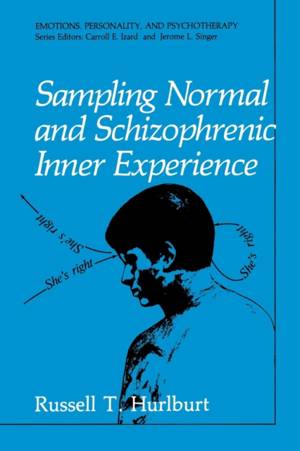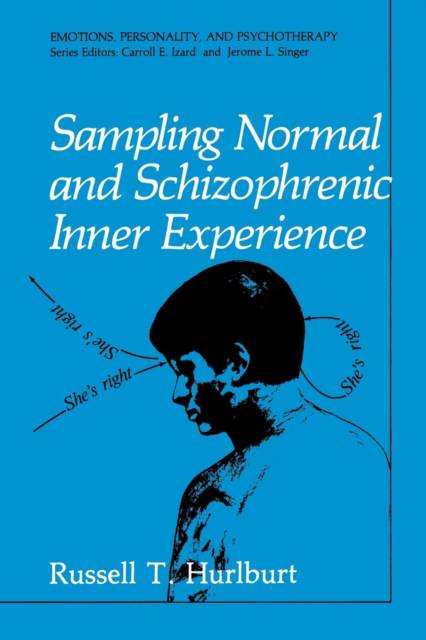
- Retrait gratuit dans votre magasin Club
- 7.000.000 titres dans notre catalogue
- Payer en toute sécurité
- Toujours un magasin près de chez vous
- Retrait gratuit dans votre magasin Club
- 7.000.000 titres dans notre catalogue
- Payer en toute sécurité
- Toujours un magasin près de chez vous
Description
What are the basic data of psychology? In the early years of experimental psychology, they were reports of ''brighter'' or "heavier" or other esti- mates of the magnitude of differences between the sensory stimuli pre- sented in psychophysical experiments. Introspective accounts of the ex- perience of seeing colored lights or shapes were important sources of psychological data in the laboratories of Cornell, Harvard, Leipzig, or Wiirzburg around the tum of the century. In 1910, John B. Watson called for the objectification of psychological research, even parodying the typical subjective introspective reports that emerged from Edward Bradford Titchener's laboratory. For almost fifty years psychologists largely eschewed subjective information and turned their attention to observable behavior. Rats running mazes or pigeons pecking away on varied schedules of reinforcement became the scientific prototypes for those psychologists who viewed themselves as "doing science. " Psychoanalysts and clinical psychologists sustained interest in the personal reports of patients or clients as valuable sources of data for research. For the psychologists, questionnaires and projective tests that allowed for quantitative analysis and psychometrics seemed to circum- vent the problem of subjectivity. Sigmund Freud's introduction of on- going free association became the basis for psychoanalysis as a therapy and as a means of learning about human psychology. Slips-of-the- tongue, thought intrusions, fantasies, hesitations, and sudden emo- tional expressions became the data employed by psychoanalysts in for- mulating hypotheses about resistance, memory, transference, and a host of presumed human wishes and conflicts.
Spécifications
Parties prenantes
- Auteur(s) :
- Editeur:
Contenu
- Nombre de pages :
- 306
- Langue:
- Anglais
- Collection :
Caractéristiques
- EAN:
- 9781475702910
- Date de parution :
- 20-05-12
- Format:
- Livre broché
- Format numérique:
- Trade paperback (VS)
- Dimensions :
- 152 mm x 229 mm
- Poids :
- 417 g







